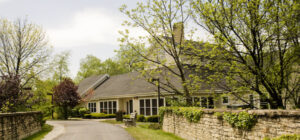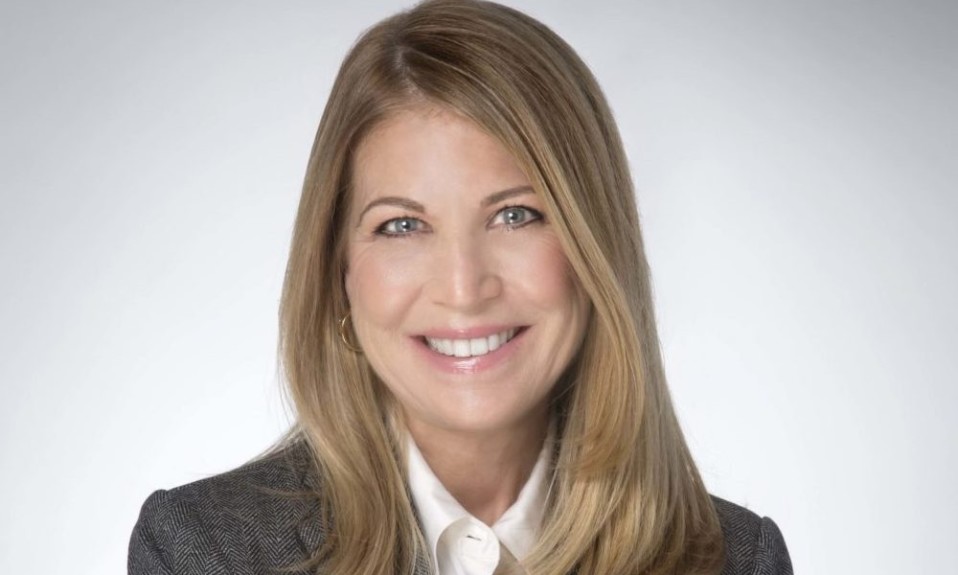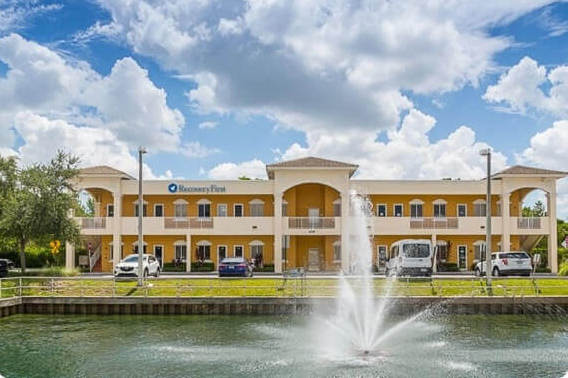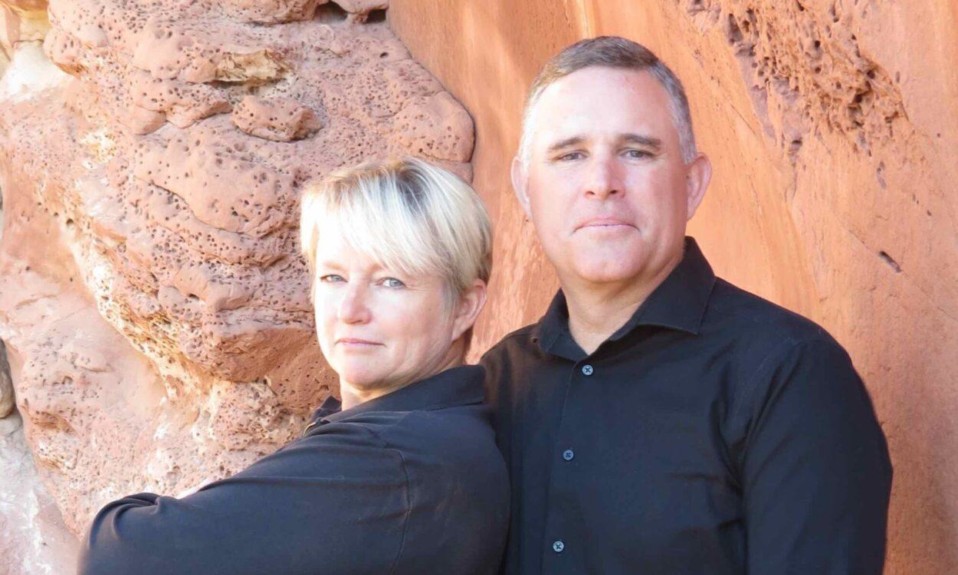CEO Diane Carugati is striving to build on the center’s mission of meeting gender-specific treatment needs
By Jody Paige
The wellbeing of women is always front and center in the mind of Diane Carugati, CEO of Timberline Knolls Residential Treatment Center in Lemont, Ill.
It’s been a natural progression that began shortly after she earned her B.A. in psychology from Curry College. Carugati started out doing clinical work in suicide prevention while also receiving training as a rape counselor. She then went on to get her M.Ed. in counseling psychology from Springfield College. From there she gravitated toward women’s health and women’s behavioral health.
In 2010, Carugati landed at female-specific Timberline Knolls as business development manager for its East region, and later she was promoted to national director of business development. She left Timberline Knolls in 2018 to pursue an opportunity at Pinnacle Treatment Centers but returned a year later, this time as CEO.
For Carugati, it felt very much like she had come home. “It’s the mission that brought me to TK in the first place and the mission that brought me back the second time,” she says. “It’s definitely a mission-driven place, and I am a mission-driven professional.”
Timberline Knolls has always believed that if there is an eating disorder, there is always an underlying mood or trauma related to the eating disorder. The same with addiction. It always comes with co-occurring depression or mood issues or some related trauma.”—Diane Carugati
Carugati says the center’s mission is unique in two ways: (1) It treats co-occurring disorders, and (2) it is gender-specific. Timberline Knolls has programming for adolescent girls age 12 to 17, including TK Academy, which provides an educational curriculum that enables young patients to continue their schoolwork while receiving treatment. The center also treats women 18 and older who are struggling with substance use and addiction, eating disorders and mental health concerns. While Timberline Knolls offers a range of treatments for addiction and co-occurring disorders, 70% of its residents struggle with eating disorders.
The need for Timberline Knolls’ programs has increased since the onset of the COVID-19 pandemic, Carugati believes. “COVID exacerbates the epidemic within a pandemic with substance abuse and mental health issues,” she says. “I think the isolation for the kids being out of school and not having all the usual activities has created an additional stress not only on the kids but on the families, and has resulted in an increased need for services.”
Timberline Knolls is celebrating its 15-year anniversary in 2021. Carugati recently spoke with TreatmentMagazine.com about the evolution of the center in those 15 years, and what the future holds.
Q: How has Timberline Knolls evolved over the past 15 years?
A: We celebrate our organization related to our values and our mission, which hasn’t changed since Timberline Knolls started. The leaves [representing core aspects of the self in the center’s logo] have been consistent. We have our basis and our roots in DBT [dialectical behavior therapy], family treatment, expressive recovery principles and spirituality—all combined with being trauma aware. Our ongoing clinical program is really linked to those leaves. We’ve stayed steadfast, I believe, in continuing our commitment in incorporating all the recovery principles in treatment for our residents.

We’ve added additional outpatient services to include a continuum of care for partial hospitalization program [PHP] step-down and intensive outpatient therapy step-down for our residents. I think we are one of the few treatment centers that has supportive housing for our PHP residents. I think it has been pretty consistent. One of the things we are seeing is an expanding need for women and girls [for] the types of service we provide.
Q: Why is it important for Timberline Knolls to offer co-occurring and gender-specific treatment?
A: Timberline Knolls has always believed that if there is an eating disorder, there is always an underlying mood or trauma related to the eating disorder. The same with addiction. It always comes with co-occurring depression or mood issues or some related trauma. Our approach has always been mind, body and spirit, and to be able to approach both issues or sometimes three issues. Some women just don’t respond to traditional types of therapies or talk therapies. You need to incorporate [other approaches]. Some need body work or music therapy or art therapy. We have incredible experiential programming here. We have a magnificent art studio.
Women are influenced by how they are treated and tend to suffer more abuse in relationships. They tend to have more body image issues that result in eating disorders, anxiety, depression, substance use and even suicide. Timberline Knolls is a special place with our acreage and our dedicated treatment team. [There is] increased comfort in discussing personal issues with other women or issues of sexual assault or other trauma, and they can focus more on group topics like parenting, eating disorders and self-esteem. A gender-specific living environment can be a more positive experience. The research shows women are more likely to complete a period of treatment when in a gender-specific treatment environment rather than a co-ed environment.

Q: Why is spirituality such an important part of your program?
A: It’s important for our residents to really have something bigger than themselves, a higher power, whatever that higher power happens to be. We help them with that and work with them. We have a chaplain on our campus who works with our residents in terms of them getting in touch with a higher power. Our Christian track is women and girls seeking Christian-based treatment. They get a different therapist or a therapist that is more Christian-focused, and also participate in some Christian-based programming. We call that the Grace Program.
Q: What do you want to innovate or build on as you look at the next 15 years at Timberline Knolls?
A: We have a large alumni network. It would be nice to expand outpatient services for our residents to stay with treatment for longer periods of time, and I think we are moving in that direction with our alumni group.
A gender-specific living environment can be a more positive experience. The research shows women are more likely to complete a period of treatment when in a gender-specific treatment environment rather than a co-ed environment.”—Diane Carugati
I would like to see Timberline Knolls grow to do some more acute services and provide more support than we are able to right now with women struggling with eating disorders. There is such a tremendous need for behavioral support services. We are a voluntary facility. There are people who have higher needs than we can manage in this setting.
Q: What do you think needs to change in the addiction treatment field?
A: I’d like to see better funding and support for behavioral health overall. [I’d like] for people to have better access to treatment and for families to better advocate for a family member who is struggling. They need to know how to navigate and how to reach out. People need to know they are not alone, and know how to reach out. Sometimes people don’t know what to do or where to go.













